Many organizations, including the U.S. Department of Energy and Natural Resource Canada, consider the systematic management of energy by large energy consuming facilities – a practice known as strategic energy management, or SEM – to be one of the largest opportunities for energy efficiency programs to save energy. A recent study by ACEEE determined that a robust expansion of SEM programs could reduce energy use in the industrial sector by 16 terawatt-hours (TWh) of electricity and 218 trillion British thermal units (TBtu) of natural gas by 2025. Companies could save $4.6 billion and carbon emissions could drop by 26 million metric tons (MMT)[1].
To realize SEM’s game-changing potential, the SEM Collaborative’s goal is to improve the effectiveness of existing SEM programs, grow the number of programs in the US and Canada, and enhance the skills of thousands of workers. The SEM Collaborative will establish a community of practice by carrying out the following activities:
- Holding training and networking events
- Creating and disseminating informational materials on best practices
- Providing on-line educational resources
- Convening working groups to share best practices and insights on priority topics
- Conducting research and publishing the findings in white papers and reports
The SEM Collaborative will also engage policy makers and other stakeholders to encourage them to support SEM programs in general and effective program design in particular. The SEM Collaborative will coordinate with the regional collaboratives (see Related Items) and other organizations on research and engagement projects. It will also serve as an international clearinghouse for information on energy management programs and practices. The SEM Collaborative will be a resource that utilities and other entities can access when setting up new SEM programs.
To learn more about the SEM Collaborative and to get involved, join the mailing list today! It’s free, and you’ll receive information on SEM research and upcoming events.
Directory of SEM Programs in US and Canada
Is your program listed? If not, email Jonah at jeisen@aceee.org
Research
October 2022 | SEM and Resilience: 2021 Survey Results
This qualitative survey explored what effects the 2020 pandemic and/or natural disasters had on SEM participants.
November 2021 | Canadian Strategic Energy Management Market Study
This report examines the potential for SEM to reduce energy use and GHG emissions by 2030.
May 2021 | Strategic Energy Management Program Persistence and Cost Effectiveness Report
On behalf of the NASEMC, the Lawrence Berkeley National Laboratory and ACEEE jointly analyzed the cost effectiveness and prospective savings persistence of SEM programs across North America, surveying 24 active programs. The report provides the most comprehensive snapshot to date of strategic energy management.
August 2020 | Negative Savings Focus Group
This focus group, organized by the NASEMC, interviewed 24 program administrators and implementers across 14 states to understand how negative savings are handled. This report out includes findings and their recommendations for the SEM industry.
Follow NASEMC on social media to learn more about upcoming webinars, conferences, and networking opportunities. For more information on becoming a sponsor, contact Andrew Whitlock.
Connect:
[1] Unger, L. 2018. “Doing Our Part: The Contribution of Energy Efficiency Policies to Meeting US Climate Goals
-
Leadership Team
The SEM Collaborative is led by a board of SEM leaders who are committed to elevating and accelerating how SEM is practiced across North America. This group is interested in increasing our representation from diverse perspectives, including from different organization types, different regions, and other forms of diversity. We welcome other persons potentially interested in supporting SEM Collaborative efforts as board members. Please reach out to Anna Kelly to express interest.
 Anna Kelly- Chair. Anna Kelly is the Director of Innovation and Strategy at SBW Consulting. She serves as Chair of the North American Strategic Energy Management Collaborative, chair of the RESNET SDC for Decarbonization, and is on the board of Certified Measurement and Verification Professional program. With over a decade of experience in energy efficiency and Strategic Energy Management (SEM), Anna is a recognized industry leader who has implemented and evaluated thousands of whole building projects across the U.S. and Canada. Her work has helped businesses save over $10 million annually while achieving significant emissions reductions.
Anna Kelly- Chair. Anna Kelly is the Director of Innovation and Strategy at SBW Consulting. She serves as Chair of the North American Strategic Energy Management Collaborative, chair of the RESNET SDC for Decarbonization, and is on the board of Certified Measurement and Verification Professional program. With over a decade of experience in energy efficiency and Strategic Energy Management (SEM), Anna is a recognized industry leader who has implemented and evaluated thousands of whole building projects across the U.S. and Canada. Her work has helped businesses save over $10 million annually while achieving significant emissions reductions.Anna’s expertise spans program design, measurement and verification (M&V), and policy advocacy. She designed Colorado’s first Industrial SEM program while at the Colorado Energy Office and has published dozens of white papers and articles advancing SEM methodologies. Anna holds a Master’s in Energy Policy from Oregon State University and certifications including CMVP and PMVA. As Chair, Anna leverages her experience as an implementer, an administrator, and an evaluator to expand SEM adoption, enhance program effectiveness, and drive alignment with decarbonization efforts across industries.
 Pamela Birkel, Cascade Energy – Membership Lead. Pamela Birkel is the Director of Strategic Energy Management (SEM) at Cascade Energy. Based in Portland, Oregon, she oversees SEM delivery to 15 utility clients as well as customer-direct SEM. Ms. Birkel received an MBA from the University of Oregon in 2013, focused on sustainable business practices, and has been with Cascade, in a range of SEM roles, since that time. Prior to her MBA, she was an architect in Portland with an interest in green buildings. She sees SEM as a vehicle for decarbonization, and believes that SEM brings the most accessible methods for reducing emissions and commercial and industrial sites worldwide. She envisions expanding the typical SEM arena of energy efficiency to include capital projects, time-of-use responses, distributed generation, and energy storage, thereby helping companies realize their goals of achieving net zero emissions according to science-based targets. Ms. Birkel holds degrees and credentials that include M.Arch., MBA, CEM, 50001 CP EnMS, and CAP.
Pamela Birkel, Cascade Energy – Membership Lead. Pamela Birkel is the Director of Strategic Energy Management (SEM) at Cascade Energy. Based in Portland, Oregon, she oversees SEM delivery to 15 utility clients as well as customer-direct SEM. Ms. Birkel received an MBA from the University of Oregon in 2013, focused on sustainable business practices, and has been with Cascade, in a range of SEM roles, since that time. Prior to her MBA, she was an architect in Portland with an interest in green buildings. She sees SEM as a vehicle for decarbonization, and believes that SEM brings the most accessible methods for reducing emissions and commercial and industrial sites worldwide. She envisions expanding the typical SEM arena of energy efficiency to include capital projects, time-of-use responses, distributed generation, and energy storage, thereby helping companies realize their goals of achieving net zero emissions according to science-based targets. Ms. Birkel holds degrees and credentials that include M.Arch., MBA, CEM, 50001 CP EnMS, and CAP. Nick Dalziel - Treasurer. Nick Dalziel is a co-founder of Goldfin Consulting and has been working in the energy management field since 2006. He developed an early taste for SEM while working at BC Hydro at a time when they were introducing the concept to their industrial customers. Nick flipped to the consulting side and played a significant role in the implementation of the industrial and custom energy efficiency programs in Ontario, between 2010 and 2017, including SEM services for all sectors. Since launching Goldfin in 2018, Nick has been involved in the implementation of several SEM programs or services directly to industry, with an emphasis on carbon strategy and management. Nick loves this work, but he’d rather be (mountain) biking.
Nick Dalziel - Treasurer. Nick Dalziel is a co-founder of Goldfin Consulting and has been working in the energy management field since 2006. He developed an early taste for SEM while working at BC Hydro at a time when they were introducing the concept to their industrial customers. Nick flipped to the consulting side and played a significant role in the implementation of the industrial and custom energy efficiency programs in Ontario, between 2010 and 2017, including SEM services for all sectors. Since launching Goldfin in 2018, Nick has been involved in the implementation of several SEM programs or services directly to industry, with an emphasis on carbon strategy and management. Nick loves this work, but he’d rather be (mountain) biking. Rees Sweeney-Taylor - Secretary. Rees is a Senior Consultant and Strategic Energy Management Coach at VEIC, leading policy development and large-scale program implementation for state governments and working with multifamily residential, commercial, and industrial clients to decarbonize. Prior to VEIC, he worked as Net Zero Grid Program Manager at the Massachusetts Clean Energy Center, collaborating with policymakers and utilities to upgrade the electric grid, reduce costs, and achieve the Commonwealth’s decarbonization goals. He received his Master in Public Policy from the Harvard Kennedy School in 2021 where he was a Rappaport Public Policy Fellow.
Rees Sweeney-Taylor - Secretary. Rees is a Senior Consultant and Strategic Energy Management Coach at VEIC, leading policy development and large-scale program implementation for state governments and working with multifamily residential, commercial, and industrial clients to decarbonize. Prior to VEIC, he worked as Net Zero Grid Program Manager at the Massachusetts Clean Energy Center, collaborating with policymakers and utilities to upgrade the electric grid, reduce costs, and achieve the Commonwealth’s decarbonization goals. He received his Master in Public Policy from the Harvard Kennedy School in 2021 where he was a Rappaport Public Policy Fellow. Michelle B Keller - Communications Lead. Michelle Keller has been active in energy efficiency since 2001, supporting commercial, industrial, and university clients with project development, M&V plans, and sponsoring utility interactions. Michelle was excited to incorporate SEM into her work as the approach evolved on the East Coast. Michelle’s experience as an SEM Coach, a process/project engineer, and energy consultant supporting efficiency and demand management efforts of grocery chains and small businesses in ten US states, plus time in project and program implementation within efficiency utilities provides her with the insight to incorporate the perspectives of all parties involved in energy management, efficiency project, and clean energy efforts.
Michelle B Keller - Communications Lead. Michelle Keller has been active in energy efficiency since 2001, supporting commercial, industrial, and university clients with project development, M&V plans, and sponsoring utility interactions. Michelle was excited to incorporate SEM into her work as the approach evolved on the East Coast. Michelle’s experience as an SEM Coach, a process/project engineer, and energy consultant supporting efficiency and demand management efforts of grocery chains and small businesses in ten US states, plus time in project and program implementation within efficiency utilities provides her with the insight to incorporate the perspectives of all parties involved in energy management, efficiency project, and clean energy efforts.Michelle has returned to independent consultancy with Fraktalas Energy to leverage relationships and SEM to bring state and utility efforts together with engaged customers to foster progress toward the ambitious efficiency, resource demand management, equity, and carbon reduction goals that drive current efforts in this field. Michelle holds a BS in Chemical Engineering from the Massachusetts Institute of Technology and is an AEE Certified Energy Manager (CEM).
 Diana Chou, Marin Clean Energy (MCE) - Events and Website Lead. Diana Chou brings over a decade of experience in clean energy & energy efficiency programs, most recently managing MCE’s SEM programs serving industrial, agricultural, large commercial, and multifamily property customers. Diana started her SEM journey as an energy coach, engaging with customers on integrating strategic energy management into their operations. She most enjoyed seeing the potential and enthusiasm in each organization, and thrived off of providing them with the tools they needed to further develop their energy management practices.
Diana Chou, Marin Clean Energy (MCE) - Events and Website Lead. Diana Chou brings over a decade of experience in clean energy & energy efficiency programs, most recently managing MCE’s SEM programs serving industrial, agricultural, large commercial, and multifamily property customers. Diana started her SEM journey as an energy coach, engaging with customers on integrating strategic energy management into their operations. She most enjoyed seeing the potential and enthusiasm in each organization, and thrived off of providing them with the tools they needed to further develop their energy management practices.Prior to her SEM days, Diana supported grocers in making upgrades to more energy efficient equipment. She also worked with the Bay Area Climate Collaborative (BACC), where she fostered the development of several (then) forward-looking projects, including the “Ready Set Charge” EV-Ready Communities guidebook and an energy efficiency toolkit for the SMB sector. Diana holds a BA in Chemistry and minor in Biology from the University of North Carolina at Chapel Hill.
 Lura Griffiths, Alternative Energy Systems Consulting (AESC) - Events Lead. Lura is an experienced SEM Coach, analyst, consulting engineer, project manager, technical trainer, and program manager with a passion for communicating with customers and delivering organizational change. She is skilled at organizational change and stakeholder management by building consensus, resolving issues, and developing solutions across cross-functional teams. Lura serves as one of two lead energy coaches for AESC's SEM program- delivering energy management training to customers throughout Southern and Northeast Oregon and is a Commercial SEM Coach for the Energy Trust of Oregon’s Existing Buildings program. She facilitates workshops with diverse groups of all sizes in topics ranging from continuous improvement processes and behavioral change to HVAC controls and regression modeling of usage.
Lura Griffiths, Alternative Energy Systems Consulting (AESC) - Events Lead. Lura is an experienced SEM Coach, analyst, consulting engineer, project manager, technical trainer, and program manager with a passion for communicating with customers and delivering organizational change. She is skilled at organizational change and stakeholder management by building consensus, resolving issues, and developing solutions across cross-functional teams. Lura serves as one of two lead energy coaches for AESC's SEM program- delivering energy management training to customers throughout Southern and Northeast Oregon and is a Commercial SEM Coach for the Energy Trust of Oregon’s Existing Buildings program. She facilitates workshops with diverse groups of all sizes in topics ranging from continuous improvement processes and behavioral change to HVAC controls and regression modeling of usage.Lura holds a BS in Renewable Energy Engineering from the Oregon Institute of Technology in Portland, OR and several certifications including AAS Resolt Management, AAS Computer Support Specialist, Certified Energy Manager (CEM), and a Certified Practitioner in Energy Management Systems (50001 CP EnMS).
 Holly Farah, LEED AP, Rouj Energy Analytics – Research Lead. Holly Farah is Founder and CEO of Rouj Energy Analytics, a rapidly growing cleantech firm that is specialized in energy data analytics and quantitative research; design; planning; and evaluation, measurement and verification (EM&V) of a wide range of demand-side management (DSM) portfolios and programs, including agile evaluation of industrial and commercial Strategic Energy Management (SEM) programs. Rouj harnesses the power and capacity of data to revolutionize the traditional implementation and evaluation practices and methodologies. Since its inception in 2016, Rouj has been involved in performing state-of-the-art engineering and meter data analysis for utilities and regulators across North America.
Holly Farah, LEED AP, Rouj Energy Analytics – Research Lead. Holly Farah is Founder and CEO of Rouj Energy Analytics, a rapidly growing cleantech firm that is specialized in energy data analytics and quantitative research; design; planning; and evaluation, measurement and verification (EM&V) of a wide range of demand-side management (DSM) portfolios and programs, including agile evaluation of industrial and commercial Strategic Energy Management (SEM) programs. Rouj harnesses the power and capacity of data to revolutionize the traditional implementation and evaluation practices and methodologies. Since its inception in 2016, Rouj has been involved in performing state-of-the-art engineering and meter data analysis for utilities and regulators across North America.For over twenty years, Holly Farah has been leading DSM impact evaluations in different regulatory environments and climatic conditions across North America, training and mentoring many engineers on industry best practices related to quantitative analysis and energy performance modeling and serving as technical advisor and subject matter expert for a broad range of evaluation topics including energy codes and standards, net zero, and performance-based programs.
 Jess Burgess – Certification Lead. Jess Burgess is a Principal Consultant and the Grid Flexibility Lead at Econoler and CIET, based in Montreal. He supports utilities and agencies across Canada with DSM program planning and evaluation, with a focus on programs to address peak demand. Jess also leads the delivery of the Capability Building Initiative for the IESO, providing education and training to energy managers, facilities professionals, and others across Ontario. Prior to joining Econoler and CIET Jess launched the SEM Initiative at the Consortium for Energy Efficiency, where he worked together with leading program administrators and implementers to develop the CEE SEM Minimum Elements.
Jess Burgess – Certification Lead. Jess Burgess is a Principal Consultant and the Grid Flexibility Lead at Econoler and CIET, based in Montreal. He supports utilities and agencies across Canada with DSM program planning and evaluation, with a focus on programs to address peak demand. Jess also leads the delivery of the Capability Building Initiative for the IESO, providing education and training to energy managers, facilities professionals, and others across Ontario. Prior to joining Econoler and CIET Jess launched the SEM Initiative at the Consortium for Energy Efficiency, where he worked together with leading program administrators and implementers to develop the CEE SEM Minimum Elements. Kim Crossman – Co-Chair – Working Group Lead. Kim Crossman is the Owner of Great Work Energy LLC, a small consulting firm that focuses on planning, procurement, implementation and evaluation of high impact energy programs for businesses and communities.
Kim Crossman – Co-Chair – Working Group Lead. Kim Crossman is the Owner of Great Work Energy LLC, a small consulting firm that focuses on planning, procurement, implementation and evaluation of high impact energy programs for businesses and communities.
Kim has more than twenty-five years of experience as a program and project designer, developer and manager for industrial and commercial energy efficiency, distributed generation and other integrated demand-side solutions. From 2009 to 2017, Kim led Energy Trust of Oregon’s Production Efficiency program for industry and agriculture, providing comprehensive technical services and incentives to support custom projects, efficient technologies, and ground-breaking SEM offerings. As the Principal Consultant for Great Work Energy since 2018, Kim supports California regulators, stakeholders and utilities as an Independent Evaluator for third-party EE program procurement processes, including oversight of SEM and other meter-based program solicitations and contracting.To advance clean energy innovation, Kim has been a frequent convener, moderator and public speaker throughout her career. She co-founded the Northwest SEM Collaborative in 2011, served on the organization’s Leadership Team from 2012 – 2017, and led working groups that produced research on the resilience of SEM programs during the pandemic and documented the history of SEM in the Pacific Northwest in 2022. She co-authored the Consortium for Energy Efficiency’s SEM Minimum Elements in 2014, championed the incorporation of an SEM track at the 2015 ACEEE Industrial Summer Study and led a working group to develop the first charter and other governance materials for the North American SEM Collaborative in 2017-2018.
Kim has an A.A.S. in energy management from the Northwest Energy Education Institute and is a Certified Energy Manager (CEM) through the Association of Energy Engineers.
-
Events Calendar
Highlighted Event
2025 SEM Summit
Time/Date: July 16, 2025 from 11am-5:30pm
Location: Charlotte, NC; UNC Charlotte Marriott Hotel and Conference Center
Overview: Join us at the 7th annual SEM Summit, where SEM practitioners and stakeholders convene on all things related to strategic energy management at the national and regional levels. The SEM Summit takes part on day 1 of the ACEEE Summer Study.
Details: Please go to the Summer Study webpage for more information.
Membership
We want you to be involved in our organization! We depend on you to fulfill our mission: to accelerate adoption of Strategic Energy Management (SEM) and enhance the effectiveness of SEM offerings across the C&I sectors by providing leadership, strategic direction, and innovation to collaboratively develop solutions to SEM expansion, implementation, technical, market or policy challenges.
Your input, participation, and expertise will help guide us and ensure that we provide the most value to you and your organization. There are many ways for you to get involved:
Membership Benefits:
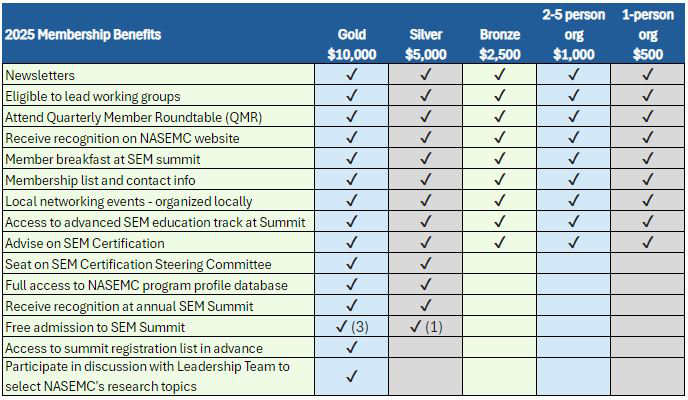
Members
The NASEMC thanks the following Members for their commitment to our shared cause:
Gold
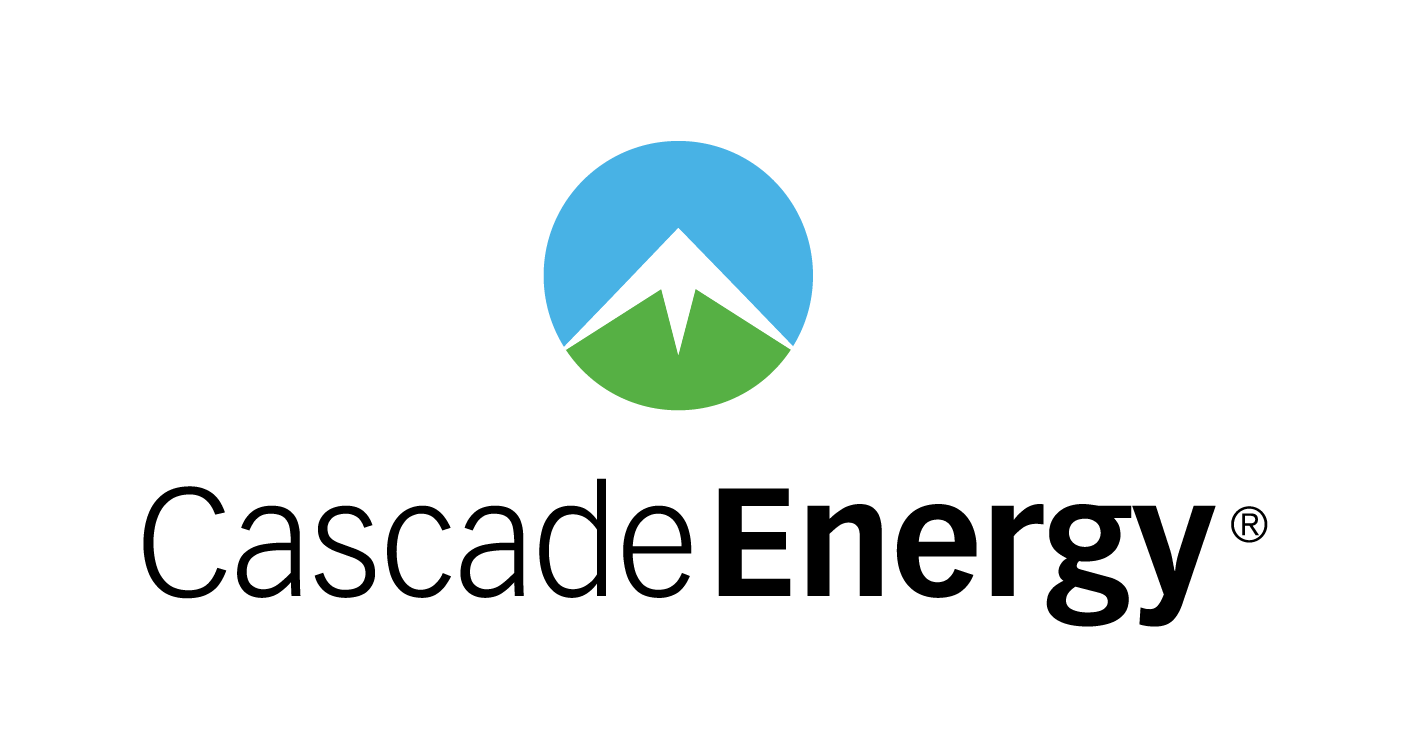
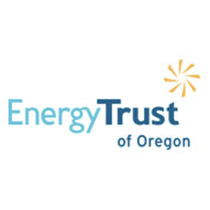

Silver
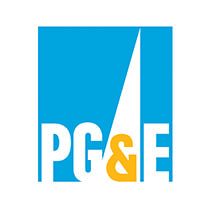
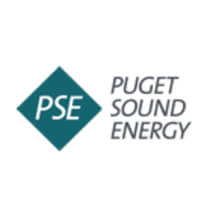

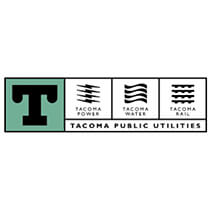
Bronze

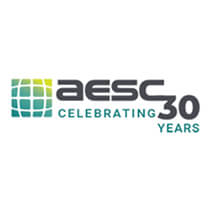



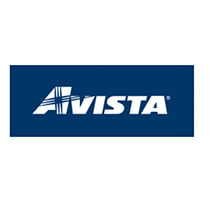
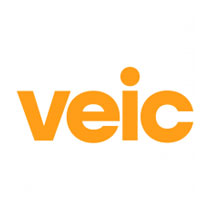
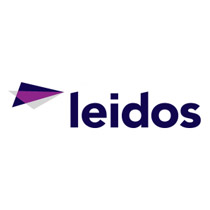
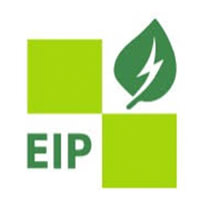
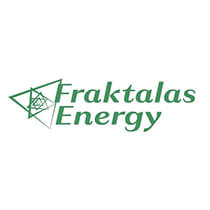
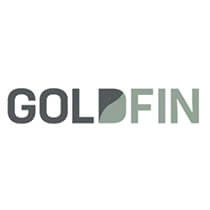
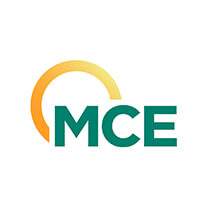


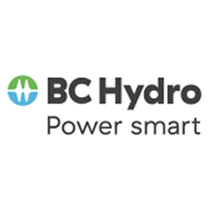

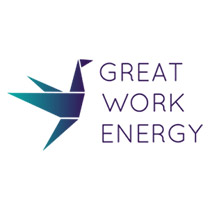
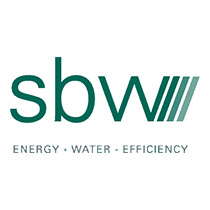
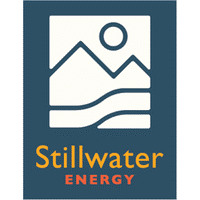

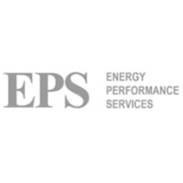
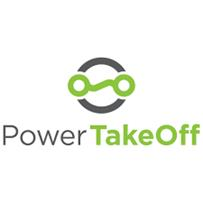



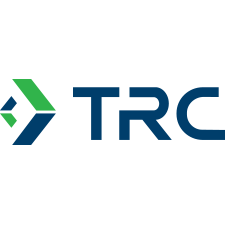
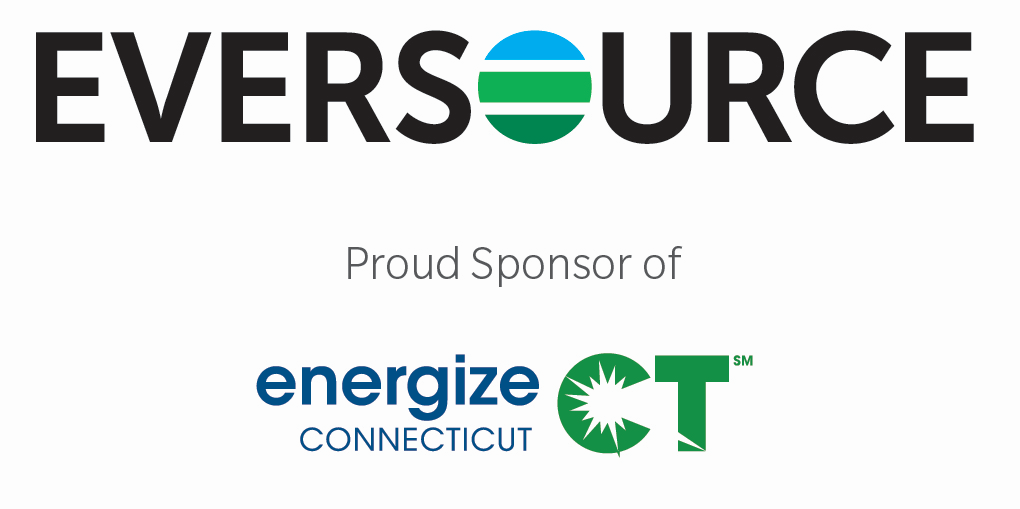

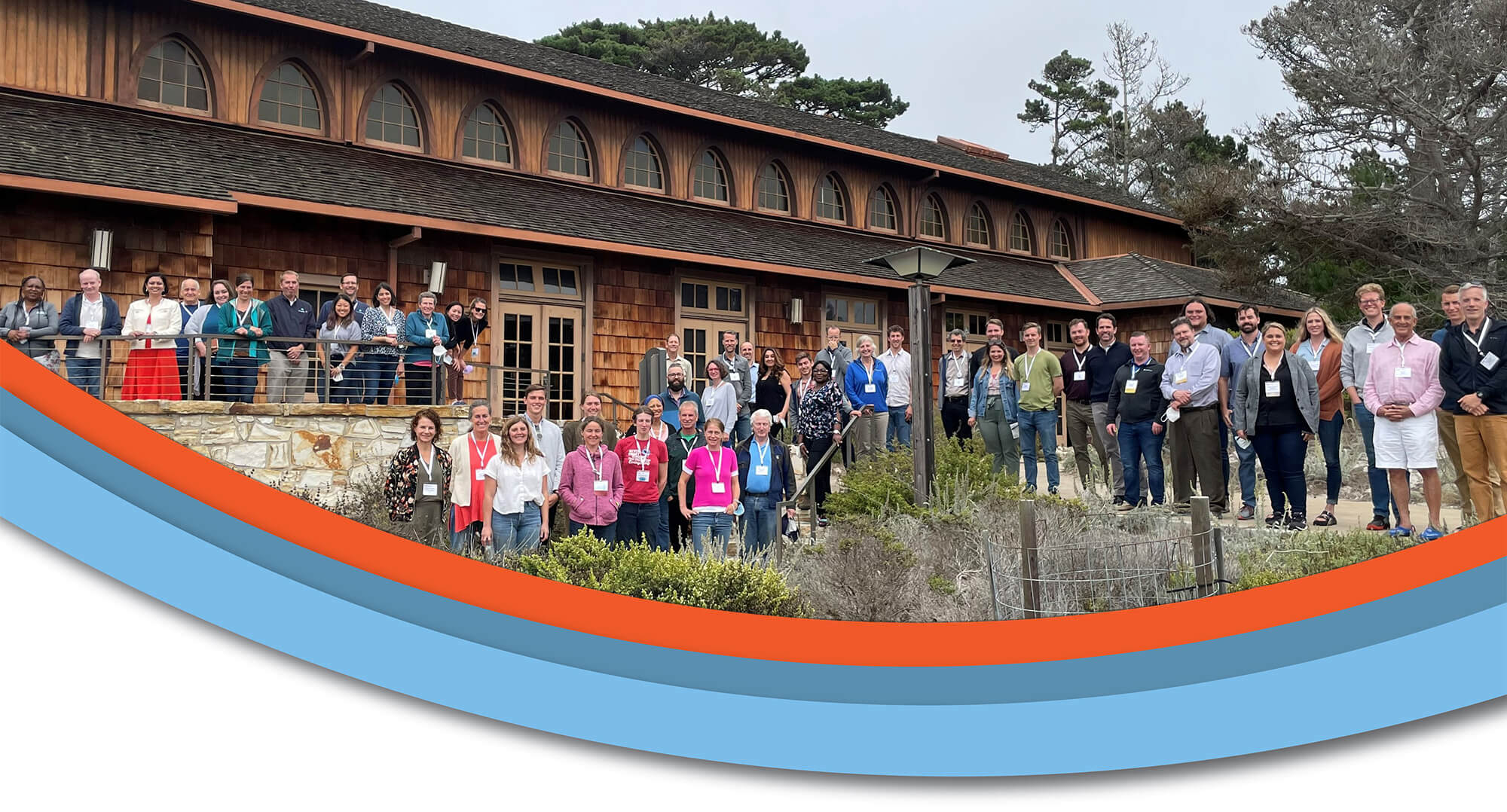
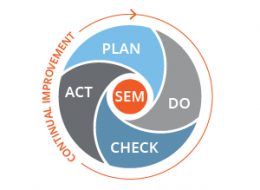





 Anna Kelly- Chair. Anna Kelly is the Director of Innovation and Strategy at SBW Consulting. She serves as Chair of the North American Strategic Energy Management Collaborative, chair of the RESNET SDC for Decarbonization, and is on the board of Certified Measurement and Verification Professional program. With over a decade of experience in energy efficiency and Strategic Energy Management (SEM), Anna is a recognized industry leader who has implemented and evaluated thousands of whole building projects across the U.S. and Canada. Her work has helped businesses save over $10 million annually while achieving significant emissions reductions.
Anna Kelly- Chair. Anna Kelly is the Director of Innovation and Strategy at SBW Consulting. She serves as Chair of the North American Strategic Energy Management Collaborative, chair of the RESNET SDC for Decarbonization, and is on the board of Certified Measurement and Verification Professional program. With over a decade of experience in energy efficiency and Strategic Energy Management (SEM), Anna is a recognized industry leader who has implemented and evaluated thousands of whole building projects across the U.S. and Canada. Her work has helped businesses save over $10 million annually while achieving significant emissions reductions. Pamela Birkel, Cascade Energy – Membership Lead. Pamela Birkel is the Director of Strategic Energy Management (SEM) at Cascade Energy. Based in Portland, Oregon, she oversees SEM delivery to 15 utility clients as well as customer-direct SEM. Ms. Birkel received an MBA from the University of Oregon in 2013, focused on sustainable business practices, and has been with Cascade, in a range of SEM roles, since that time. Prior to her MBA, she was an architect in Portland with an interest in green buildings. She sees SEM as a vehicle for decarbonization, and believes that SEM brings the most accessible methods for reducing emissions and commercial and industrial sites worldwide. She envisions expanding the typical SEM arena of energy efficiency to include capital projects, time-of-use responses, distributed generation, and energy storage, thereby helping companies realize their goals of achieving net zero emissions according to science-based targets. Ms. Birkel holds degrees and credentials that include M.Arch., MBA, CEM, 50001 CP EnMS, and CAP.
Pamela Birkel, Cascade Energy – Membership Lead. Pamela Birkel is the Director of Strategic Energy Management (SEM) at Cascade Energy. Based in Portland, Oregon, she oversees SEM delivery to 15 utility clients as well as customer-direct SEM. Ms. Birkel received an MBA from the University of Oregon in 2013, focused on sustainable business practices, and has been with Cascade, in a range of SEM roles, since that time. Prior to her MBA, she was an architect in Portland with an interest in green buildings. She sees SEM as a vehicle for decarbonization, and believes that SEM brings the most accessible methods for reducing emissions and commercial and industrial sites worldwide. She envisions expanding the typical SEM arena of energy efficiency to include capital projects, time-of-use responses, distributed generation, and energy storage, thereby helping companies realize their goals of achieving net zero emissions according to science-based targets. Ms. Birkel holds degrees and credentials that include M.Arch., MBA, CEM, 50001 CP EnMS, and CAP.
 Rees Sweeney-Taylor - Secretary.
Rees Sweeney-Taylor - Secretary. 
 Diana Chou, Marin Clean Energy (MCE) - Events and Website Lead. Diana Chou brings over a decade of experience in clean energy & energy efficiency programs, most recently managing MCE’s SEM programs serving industrial, agricultural, large commercial, and multifamily property customers. Diana started her SEM journey as an energy coach, engaging with customers on integrating strategic energy management into their operations. She most enjoyed seeing the potential and enthusiasm in each organization, and thrived off of providing them with the tools they needed to further develop their energy management practices.
Diana Chou, Marin Clean Energy (MCE) - Events and Website Lead. Diana Chou brings over a decade of experience in clean energy & energy efficiency programs, most recently managing MCE’s SEM programs serving industrial, agricultural, large commercial, and multifamily property customers. Diana started her SEM journey as an energy coach, engaging with customers on integrating strategic energy management into their operations. She most enjoyed seeing the potential and enthusiasm in each organization, and thrived off of providing them with the tools they needed to further develop their energy management practices. Lura Griffiths, Alternative Energy Systems Consulting (AESC) - Events Lead. Lura is an experienced SEM Coach, analyst, consulting engineer, project manager, technical trainer, and program manager with a passion for communicating with customers and delivering organizational change. She is skilled at organizational change and stakeholder management by building consensus, resolving issues, and developing solutions across cross-functional teams. Lura serves as one of two lead energy coaches for AESC's SEM program- delivering energy management training to customers throughout Southern and Northeast Oregon and is a Commercial SEM Coach for the Energy Trust of Oregon’s Existing Buildings program. She facilitates workshops with diverse groups of all sizes in topics ranging from continuous improvement processes and behavioral change to HVAC controls and regression modeling of usage.
Lura Griffiths, Alternative Energy Systems Consulting (AESC) - Events Lead. Lura is an experienced SEM Coach, analyst, consulting engineer, project manager, technical trainer, and program manager with a passion for communicating with customers and delivering organizational change. She is skilled at organizational change and stakeholder management by building consensus, resolving issues, and developing solutions across cross-functional teams. Lura serves as one of two lead energy coaches for AESC's SEM program- delivering energy management training to customers throughout Southern and Northeast Oregon and is a Commercial SEM Coach for the Energy Trust of Oregon’s Existing Buildings program. She facilitates workshops with diverse groups of all sizes in topics ranging from continuous improvement processes and behavioral change to HVAC controls and regression modeling of usage. Holly Farah, LEED AP, Rouj Energy Analytics – Research Lead. Holly Farah is Founder and CEO of Rouj Energy Analytics, a rapidly growing cleantech firm that is specialized in energy data analytics and quantitative research; design; planning; and evaluation, measurement and verification (EM&V) of a wide range of demand-side management (DSM) portfolios and programs, including agile evaluation of industrial and commercial Strategic Energy Management (SEM) programs. Rouj harnesses the power and capacity of data to revolutionize the traditional implementation and evaluation practices and methodologies. Since its inception in 2016, Rouj has been involved in performing state-of-the-art engineering and meter data analysis for utilities and regulators across North America.
Holly Farah, LEED AP, Rouj Energy Analytics – Research Lead. Holly Farah is Founder and CEO of Rouj Energy Analytics, a rapidly growing cleantech firm that is specialized in energy data analytics and quantitative research; design; planning; and evaluation, measurement and verification (EM&V) of a wide range of demand-side management (DSM) portfolios and programs, including agile evaluation of industrial and commercial Strategic Energy Management (SEM) programs. Rouj harnesses the power and capacity of data to revolutionize the traditional implementation and evaluation practices and methodologies. Since its inception in 2016, Rouj has been involved in performing state-of-the-art engineering and meter data analysis for utilities and regulators across North America. Jess Burgess – Certification Lead.
Jess Burgess – Certification Lead.  Kim Crossman – Co-Chair – Working Group Lead. Kim Crossman is the Owner of Great Work Energy LLC, a small consulting firm that focuses on planning, procurement, implementation and evaluation of high impact energy programs for businesses and communities.
Kim Crossman – Co-Chair – Working Group Lead. Kim Crossman is the Owner of Great Work Energy LLC, a small consulting firm that focuses on planning, procurement, implementation and evaluation of high impact energy programs for businesses and communities.